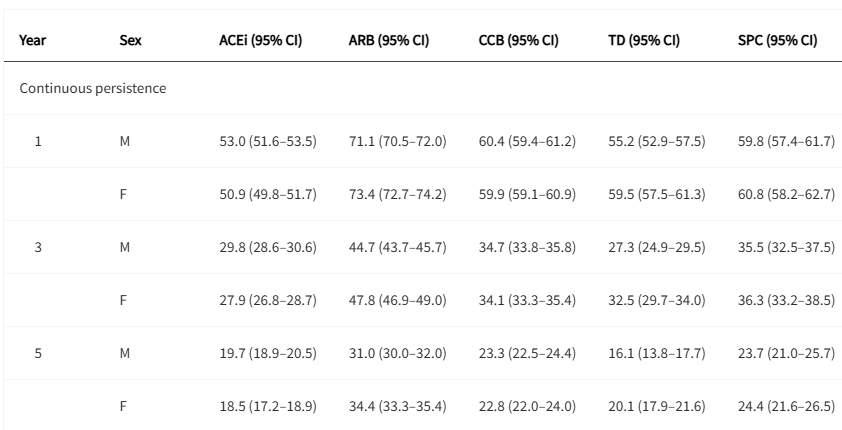 Blood Pressure Medication Adherence May Not Be Cost, It May Be Annoyance At Defensive Medicine
Blood Pressure Medication Adherence May Not Be Cost, It May Be Annoyance At Defensive MedicineHigh blood pressure is an important risk factor for developing cardiovascular disease and premature...
 On January 5th, Don't Get Divorced Because Of Hallmark Movies
On January 5th, Don't Get Divorced Because Of Hallmark MoviesThe Monday after New Year's is colloquially called Divorce Day, but it's more than marriages ending...
 Does Stress Make Holidate Sex More Likely?
Does Stress Make Holidate Sex More Likely?Desire to have a short-term companion for the holidays - a "holidate" - is common enough that it...
 To Boomers, An AI Relationship Is Not Cheating
To Boomers, An AI Relationship Is Not CheatingA recent survey by found that over 28 percent of adults claim they have an intimate, even romantic...








